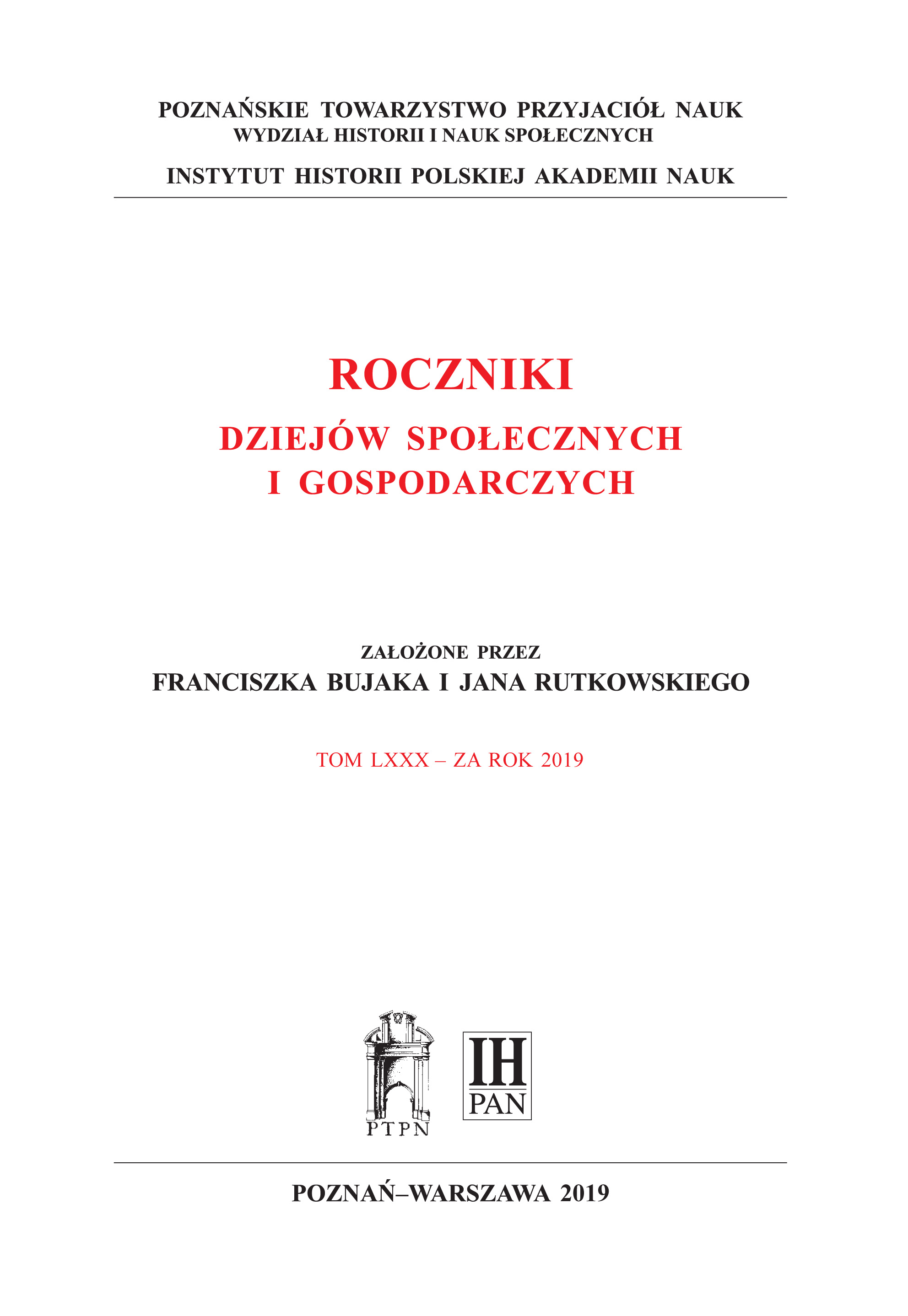Lessons from the Great Depression in Hungary. The idea of ‘Christian Agriculture’ and its limits
Lessons from the Great Depression in Hungary. The idea of ‘Christian Agriculture’ and its limits
Author(s): Tibor TóthSubject(s): Christian Theology and Religion, Agriculture, Economic history, Political history, Social history, Interwar Period (1920 - 1939)
Published by: Instytut Historii im. Tadeusza Manteuffla Polskiej Akademii Nauk
Keywords: Hungary; Great Depression; Gyula Gömbös; ‘Christian agriculture’; peasants; revisionism;
Summary/Abstract: In Hungary, the effects of the Great Depression were the most serious and long lasting in the agrarian sector. The present paper focuses on the actions of the Gömbös government, which ruled Hungary between 1932 and 1936. After taking immediate crisis management actions, Gömbös and his followers tried to base their long-term agrarian and social policy on the idea of ‘Christian agriculture.’ It meant, according to their views, that the economy of Hungary should be reorganized in an agrarian way as the Hungarians who keep the nation alive are the peasants. This paper not only describes the concept of ‘Christian agriculture’ as an alternative way out of the Depression, but analyses the process of the policy’s execution and refers to its limits.
Journal: Roczniki Dziejów Społecznych i Gospodarczych
- Issue Year: 2019
- Issue No: 80
- Page Range: 295-314
- Page Count: 20
- Language: English

